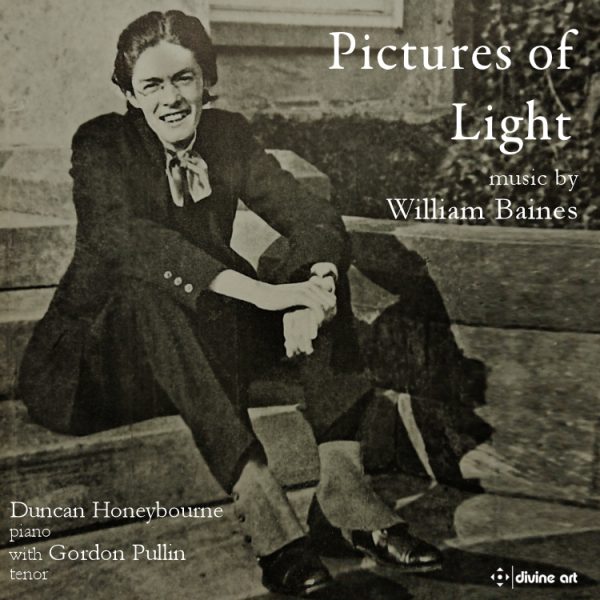Scherzo
On November 6, 1922, William Baines died at the age of twenty-three, largely due to the consequences of septicemia contracted at the front in the last days of the Great War. His name was linked to so many victims – and in his particular case to the other English musicians and writers who suffered an end like his. His work is extensive, almost one hundred and fifty pieces, the vast majority of them for piano, and time has cornered it not only within the geographical domain of the British Isles but also into the limbo of oblivion. The admirable pianist Eric Parkin, also a champion of the music of the much more renowned John Ireland, tried to get it out of that oblivion more than a quarter of a century ago, with a wonderful album published under the Priory label, which, curiously, can still be found on the internet and, of course, on the usual platforms. Parkin’s excellent technique revealed the sources and virtues of Baines’s music, its inspiration and where his originality lay.
It is now Duncan Honeybourne who, on the centenary of the composer’s death, remembers his figure and the interest in his music, updating Parkin’s task although repeating almost all the pieces from that album. As then, the influences appear multiple, clear but intelligently assumed and combined. From Chopin and Liszt to Scriabin (the most) and Debussy – and, for Honeybourne more than Parkin, Janacek in The Lone Wreck – but all with something undoubtedly personal, the abundance of expression, the zero fear of exaltation, that comes from the relationship of these musics with a landscape of its own, the one that is contemplated with the view, and that other more intimate that surrounds everything.
The disc adds the Five Songs, on texts by James Elroy Flecker, John Banister Tabb, Christina Rossetti, Sappho and Rabindranath Tagore in versions – a fresher voice would have been better – by veteran tenor Gordon Pullin, who also seems to be paying tribute for his years of service to British music.
Completing the program is At the Grave of William Baines, substantial piano piece by Robin Walker inspired by the composer’s last words: “I would have liked to live but I am not afraid of death.” Surely it will not be enough to bring Baines’ music back to life, but this album reveals very well how much remains to be heard for those who prefer to discover rather than settle.
@divineartrecordingsgroup
A First Inversion Company
Registered Office:
176-178 Pontefract Road, Cudworth, Barnsley S72 8BE
+44 1226 596703
Fort Worth, TX 76110
+1.682.233.4978












